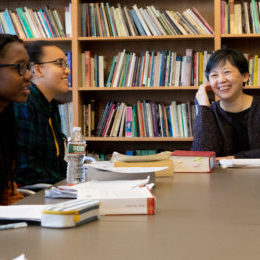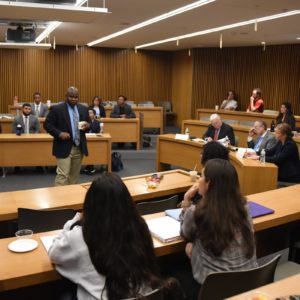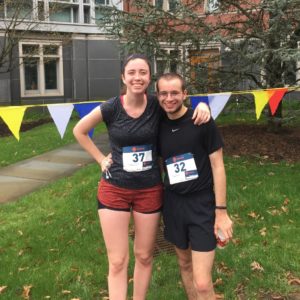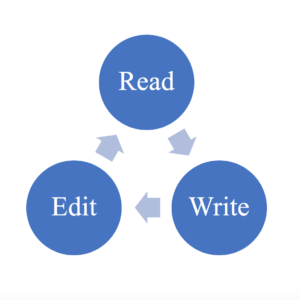This semester, I took my first fiction workshop in Princeton’s Creative Writing Program. I had taken two poetry courses in previous semesters and wanted to try something new. (Pro-tip: if you haven’t yet taken a CWR course, definitely consider applying for one before graduating).
Creative writing is, in many ways, a break from academic writing. It does not center on data, analysis, or argumentation. Instead, workshops focus on developing compelling images, characters, stories. Creative writing also has access to a wider variety of forms than academic writing, which tends to adhere to a narrow set of relatively conservative styles.

However, some of my workshop instructor’s writing advice has translated well to my academic writing. After all, writing is writing, and many of the same challenges confront both creative and academic writers. Below I’ve collected five of her best pieces of writing advice:
Continue reading Writing Lessons from my Creative Writing Workshop






